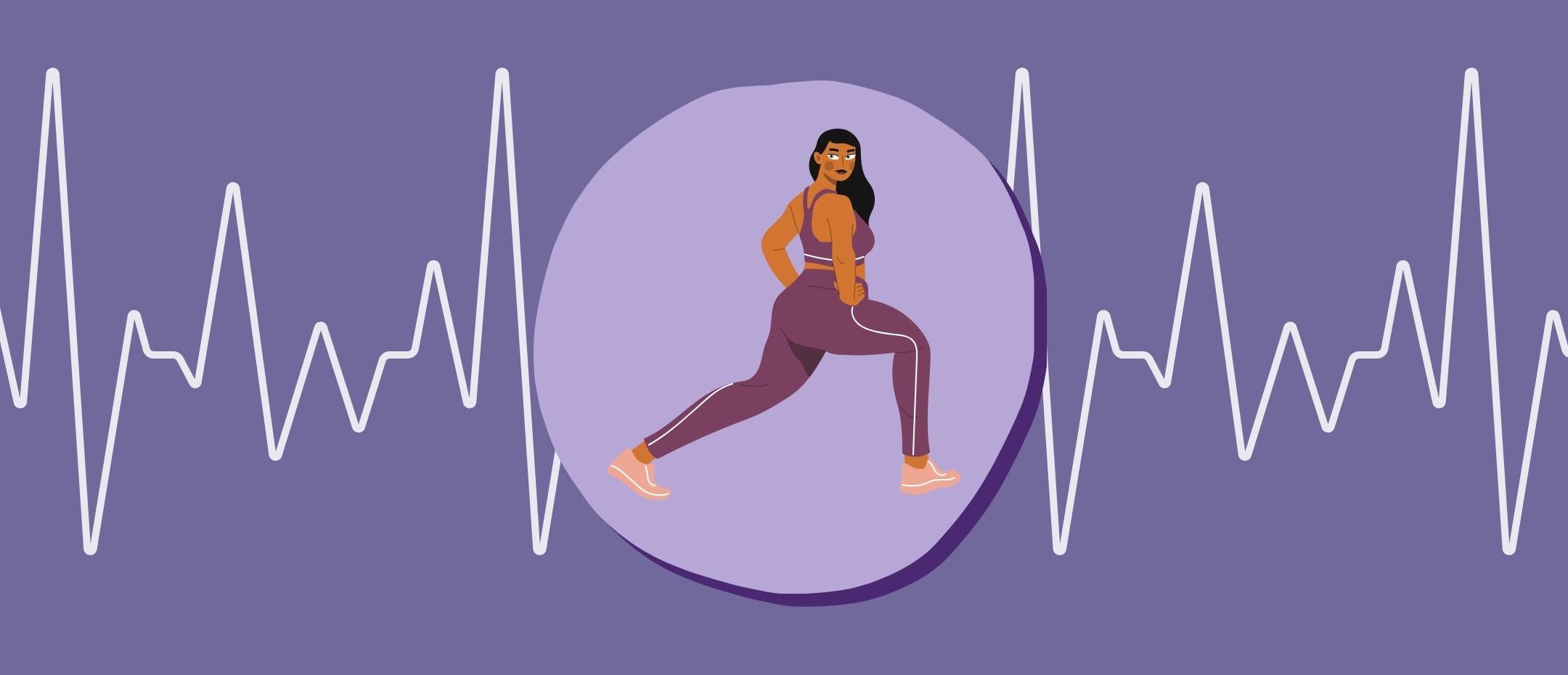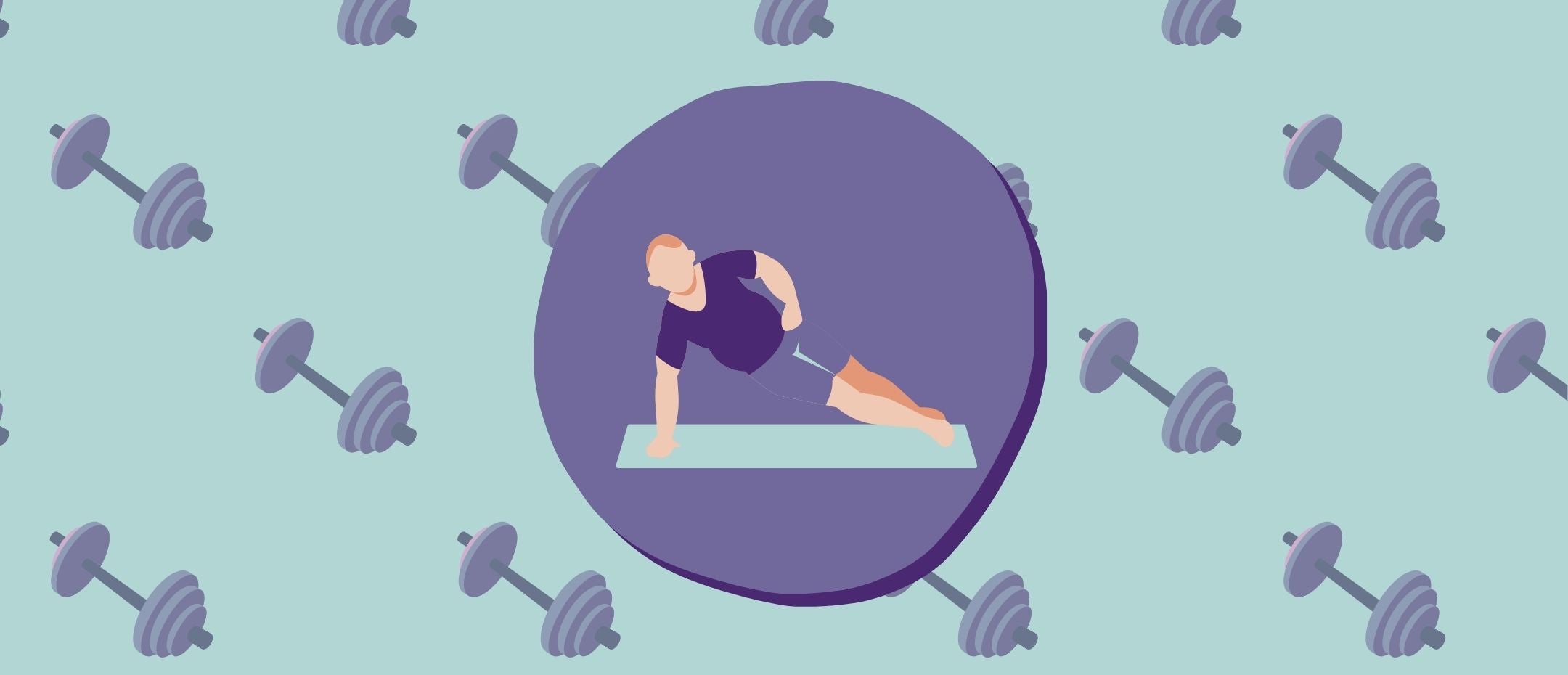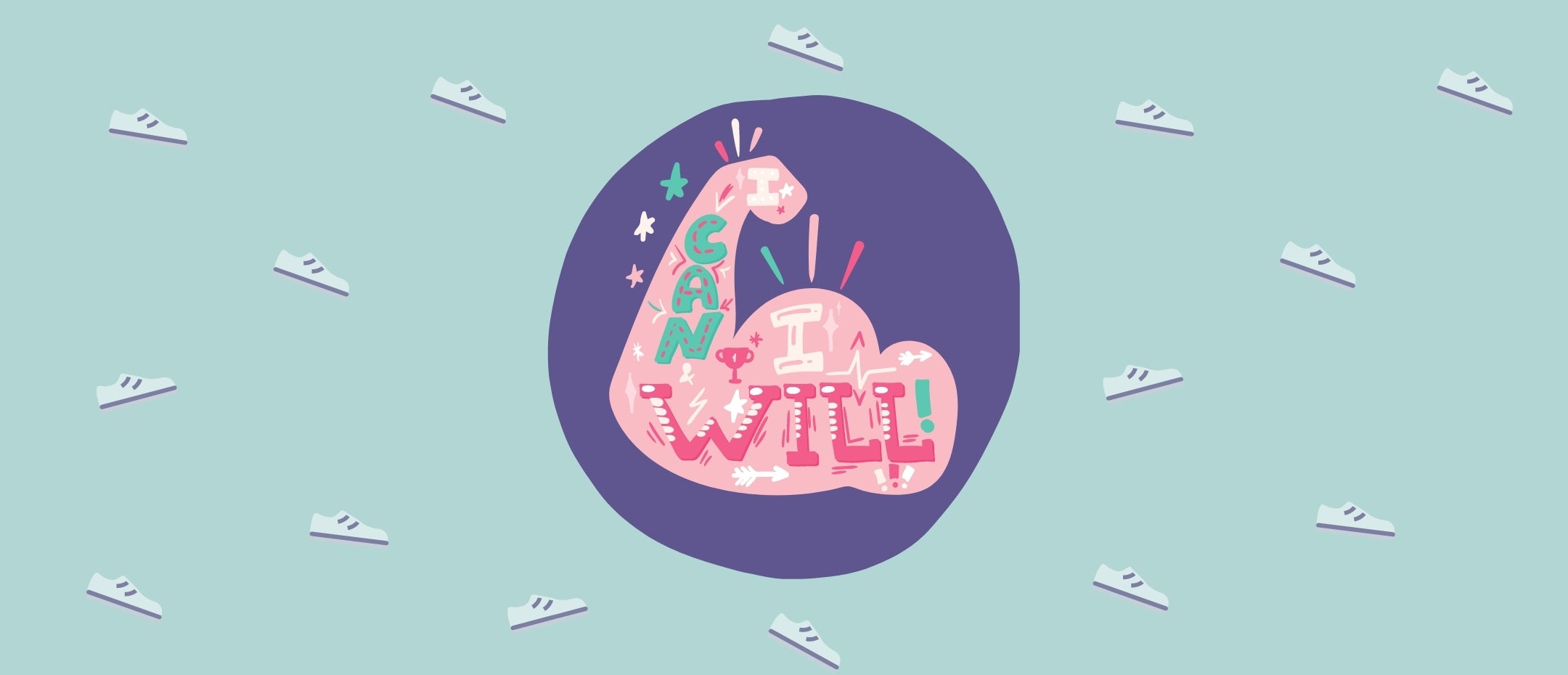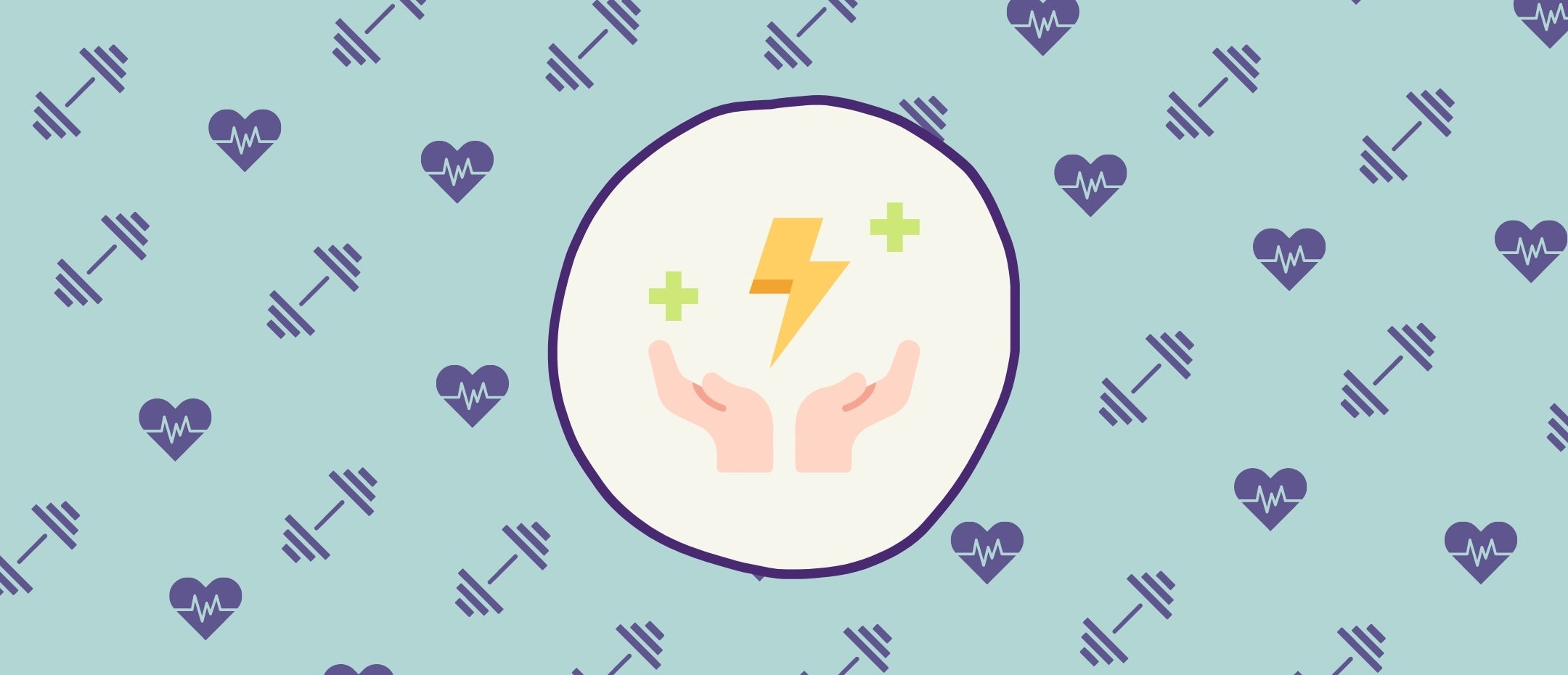Although exercise and a healthy diet are vital, many of us don’t understand how sleep deprivation and weight gain also go hand-in-hand.
The Link Between Lack of Sleep and Weight Gain
Diet and fitness advice is everywhere:
- eat this
- jump around like that
- take this supplement
- do these weird-looking lifts.
It is relentless. We end up believing that if we aren’t happy with our body shape or we’re gaining weight, then it’s because the way we’re eating and exercising must be totally wrong.
Searching for this Holy Grail of the perfect diet and workout plan means we often overlook one other major factor in whether we gain or lose weight — Sleep.
What you eat and how you exercise could be perfectly aligned with your fitness and body shape goals, but if you are sleep-deprived then you will get nowhere fast.
I only realised this myself by accident. Finding myself constantly lacking energy, I decided to focus on increasing the quality and quantity of my sleep.
Lo and behold, I also started losing some stubborn body fat and improved my body shape, without changing my training and diet at all.
If you’ve been struggling with getting in shape and controlling your body weight like I was, it really is worth understanding this link between sleep deprivation and weight gain better.
So How Does a Lack of Sleep Cause Weight Gain?
Our stress hormones, appetite, metabolism, and energy levels all get messed up through sleep deprivation, putting the brakes on fat loss and even causing weight increases. Let’s take a quick, non-super-sciencey, look at each:
Stress
Cortisol is our stress hormone. It actually helps us in some situations. If a hungry lion jumps out of your wardrobe and starts chasing you, cortisol kicks in and gets you the hell out of there without you having to think about it. Or it gives you the courage to fight off the lion, you absolute legend.
However for the most part cortisol is problematic for us from a health perspective. There’s an interesting relationship between cortisol, sleep, and weight gain.
Sleep deprivation causes a spike in cortisol. The more often our cortisol levels increase, the more the body becomes insulin-resistant, leading to an increase in blood sugar and a possible gain in weight.
Appetite
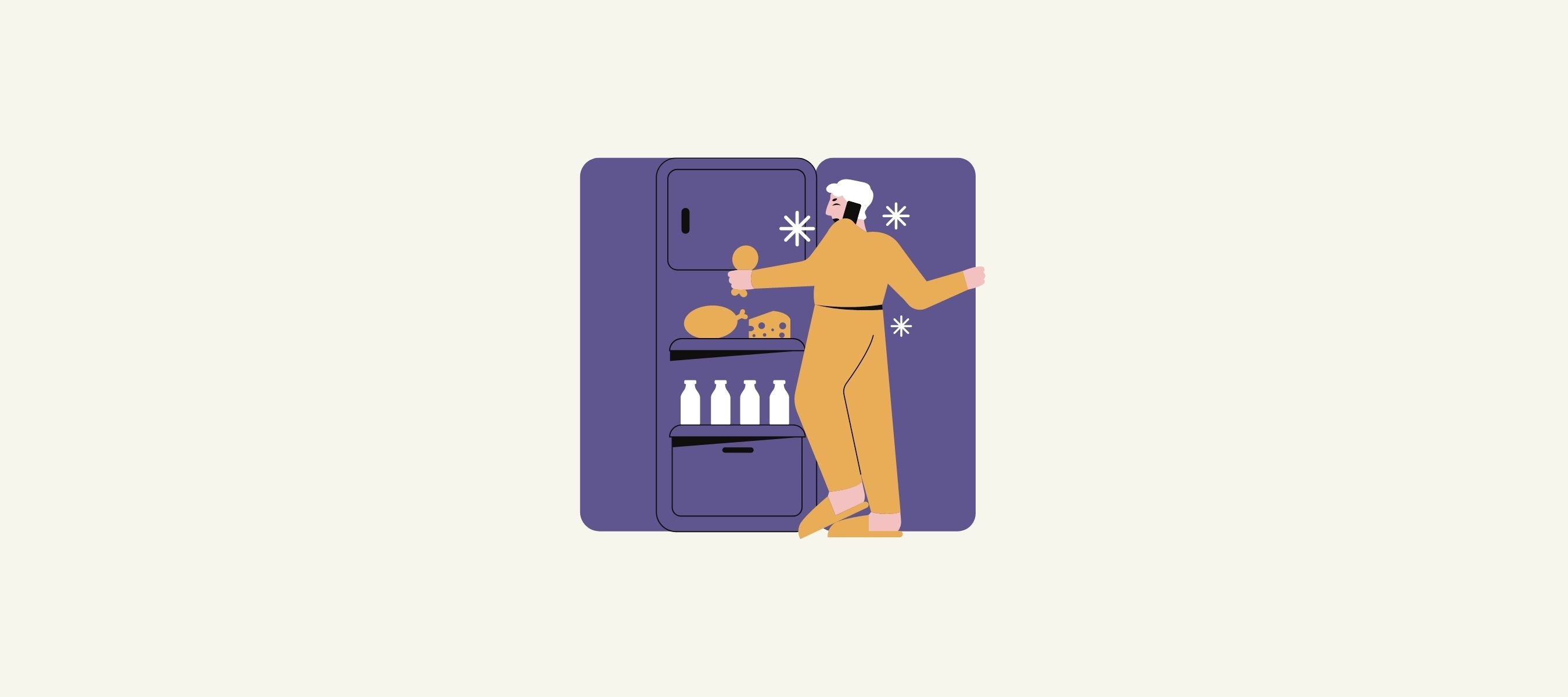
The body’s neurotransmitters ghrelin and leptin are central to appetite — ghrelin controlling hunger and leptin contributing to feeling full. Lacking sleep affects the body’s ability to regulate these two neurotransmitters.
In practice, that means if we haven’t slept well or enough, we’ll possibly have an increased appetite and won’t get the same feelings of fullness when we’ve had enough.
Several studies have also shown sleep deprivation makes us more likely to choose high-calorie and high-carbohydrate foods in the process.
If, like me, you’ve ever had a terrible night’s sleep, then the next day found yourself wanting ALL THE CANDY/MUFFINS/TOAST/ANYTHING! well, now you know why.
Metabolism
Now we’re grazing on carby, sugary foods because our lack of sleep has messed up our appetite. Sadly for us, our bodies are unlikely to be able to deal with these increased calories because —yup, it gets worse — sleep deprivation has also been shown to cause Metabolic Dysregulation, meaning we become less efficient at being able to burn off whatever we’re throwing into our bodies too.
Now we have the (im)perfect storm of more calories coming in because ghrelin and leptin are all out-of-whack, combined with a slower metabolism, and that’s how our lack of sleep ultimately causes that pesky weight gain.
Energy
I have experienced all of the above, and still believed I could get away with it however:
“I got this. I’ll just exercise more as I’ve eaten so much junk! I’ll go for a run, and hit the gym. That will speed up my metabolism and burn off those extra calories! Genius!”.
This was an excellent idea in theory. In practice, my lack of sleep led me to either blow off my workout completely as I wasn’t ‘feeling it’, or I just had a pretty mediocre training session, as my body already felt like I’d completed a triathlon before I’d even started.
Diet, Fitness, Lack of Sleep, and Weight Gain

Sleep used to be something I took for granted. Whereas I treated eating better and working out as things I was doing for my health and wellbeing, I looked at sleep differently.
Sleep was something that was forced upon me every night, eventually, after I had squeezed every last drop of TV and phone time out of my evening.
Habitually getting just the bare minimum each night, enabling me to just about function as a human being each day, had serious knock-on effects on my ability to maintain or lose weight.
If you’ve been hopping from diet to diet, exercise plan to exercise plan, and getting zero results, then I guess there’s Good News and Bad News:
Good News
What/how you’re eating and exercising might be just fine, and lack of sleep has been the problem all along. Figure out how to sleep better at night — fix your appetite, metabolism, fat-burning abilities, and energy levels — Hurrah!
Bad News
Fixing your sleep won’t be done overnight (badoom-tish!). For many of us, these bad sleep habits such as late-night eating/drinking, excessive screen time, drinking coffee throughout the day, etc are ingrained.
It’s probably going to take at least a few weeks to consistently make the required changes. But it will be so worth it.
If you can make a few of those changes, you will stop any weight gain in its tracks, and be able to take control of your fitness, body shape, and energy levels.
Imagine that. You could be channelling these guys in no time (leotards optional):

Sweet Dreams :-)





